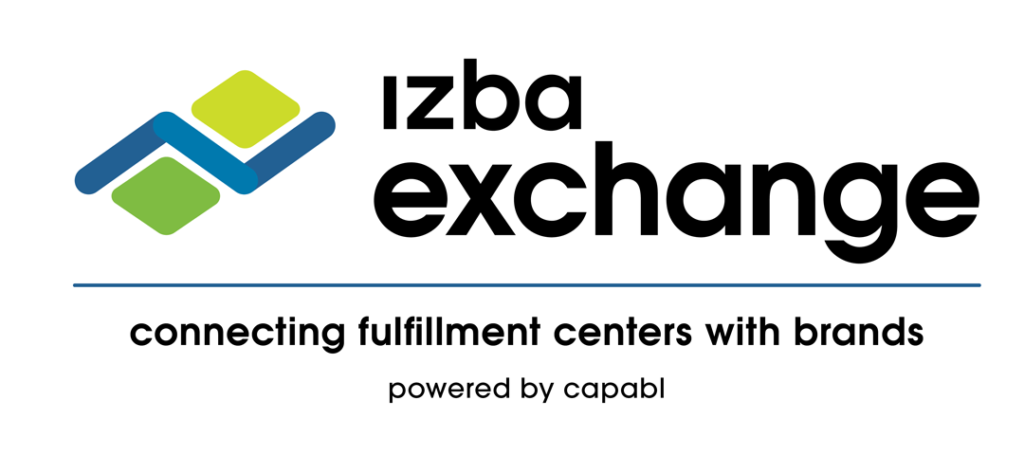
New York sales tax nexus is a critical concept that businesses operating in the state must understand. This article will provide an in-depth exploration of sales tax nexus, its significance in taxation, and its application to businesses in the context of New York.
Defining Sales Tax Nexus
Sales tax nexus refers to the connection between a taxpayer and a particular taxing jurisdiction, such as a state or locality. In simpler terms, it determines whether a business has sufficient presence or engagement in a jurisdiction to be subject to that jurisdiction’s sales tax laws and regulations.
Establishing sales tax nexus is crucial for businesses to understand their tax obligations and comply with the law. It helps tax authorities ensure that all eligible businesses contribute their fair share to the funding of public services and infrastructure within the jurisdiction.
The Concept of Nexus in Taxation
In general, the concept of nexus extends beyond sales tax and applies to various tax types. Nexus serves as a basis for determining the level of a taxpayer’s connection or economic presence in a jurisdiction, justifying the imposition of taxes on their activities. It ensures that businesses do not evade tax liabilities by operating solely in jurisdictions where they have no physical presence.
Furthermore, the concept of nexus can vary between different jurisdictions, leading to complexities for businesses operating in multiple states or countries. Understanding these variations is essential for businesses to navigate the intricate landscape of tax compliance and avoid potential penalties for non-compliance.
How Nexus Applies to Sales Tax
When it comes to sales tax, nexus is particularly relevant because it establishes the obligations of businesses to collect and remit sales tax on taxable sales made in a jurisdiction. Without nexus, a business may not be required to collect sales tax from customers or report it to the tax authority.
Businesses must carefully assess their activities and connections in each jurisdiction to determine if they have created the necessary nexus to trigger sales tax obligations. This assessment often involves considering factors such as physical presence, economic nexus, affiliate relationships, and the volume of sales conducted in a particular jurisdiction.
New York’s Specific Nexus Rules
New York has established its own set of nexus rules that businesses must comply with. These rules determine whether a business’s activities within the state create a sales tax nexus.
Understanding and adhering to New York’s nexus rules is crucial for businesses operating within the state to ensure compliance with sales tax regulations. By following these rules, businesses can avoid potential penalties and legal issues related to sales tax obligations.
Physical Presence and Nexus
Traditionally, physical presence has been the benchmark for establishing sales tax nexus. This includes having a physical location, such as an office, store, warehouse, or employees working in the state. In New York, even a single day of physical presence can trigger nexus for sales tax purposes.
Businesses should carefully track any physical presence they have in New York to determine if they meet the threshold for establishing sales tax nexus. This includes not only permanent locations but also temporary or intermittent presence that may still trigger nexus under New York’s rules.
Economic Nexus in New York
Since the landmark Supreme Court case South Dakota v. Wayfair in 2018, states have expanded their nexus rules to include economic activity. New York is no exception and has introduced economic nexus provisions. If a business exceeds a certain economic threshold in terms of sales made into the state, it is considered to have economic nexus and must collect and remit sales tax.
Businesses engaging in significant economic activity in New York, even without a physical presence, must be aware of the economic nexus thresholds to ensure compliance with the state’s sales tax laws. Monitoring sales revenue and transactions that occur within New York is essential for determining if economic nexus has been established and if sales tax collection and remittance are required.
Impact of Nexus on Businesses
The existence of sales tax nexus has significant implications for businesses operating in New York.
Understanding the concept of sales tax nexus is crucial for businesses to ensure compliance with state tax laws. Nexus refers to the connection between a business and a state that requires the business to collect and remit sales tax on transactions conducted within that state. In the case of New York, businesses need to be aware of the specific criteria that establish nexus in order to fulfill their tax obligations.
Nexus and Business Tax Obligations
Businesses with nexus in New York are required to register with the New York State Department of Taxation and Finance, obtain a sales tax permit, and collect sales tax on taxable sales. This means that businesses may need to modify their systems to calculate and collect sales tax on transactions occurring within the state.
Businesses must keep detailed records of their sales in New York to ensure accurate reporting and compliance with state tax laws. Failing to properly register for a sales tax permit or collect sales tax can result in penalties and fines, impacting the financial health and reputation of the business.
Managing Multiple State Nexus
For businesses operating in multiple states, managing sales tax nexus becomes even more complex. Each state has its own nexus rules and thresholds, which means that businesses must be aware of and comply with the requirements of each jurisdiction in which they have nexus.
Businesses expanding their operations across state lines must navigate a web of varying sales tax regulations, filing requirements, and tax rates. This complexity can pose challenges for businesses in terms of resource allocation, tax planning, and overall compliance. Seeking guidance from tax professionals or utilizing automated tax compliance solutions can help businesses streamline their multi-state tax obligations and minimize the risk of non-compliance.
Navigating New York Sales Tax Nexus Laws
Understanding your nexus status and complying with New York’s sales tax nexus laws are crucial for businesses operating in the state.
Understanding Your Nexus Status
Determining whether your business has nexus in New York involves evaluating the presence or economic activity within the state. This may require analyzing factors such as physical locations, employees, sales volume, and other relevant indicators.
Compliance with New York Nexus Laws
Once nexus is established, businesses must comply with New York’s sales tax laws and regulations. This includes registering for a sales tax permit, collecting and remitting sales tax, and filing periodic sales tax returns. Non-compliance can lead to penalties and interest on unpaid taxes.
Recent Changes and Updates in Nexus Laws
The landscape of nexus laws has evolved significantly in recent years, partly due to the impact of the South Dakota v. Wayfair decision.
Impact of South Dakota v. Wayfair
The Wayfair decision overturned the long-standing physical presence requirement for sales tax nexus. It allowed states to impose sales tax obligations on remote sellers based on economic activity alone. This decision has empowered states like New York to broaden their nexus rules and capture revenue from out-of-state businesses.
New York’s Response to Wayfair Decision
In response to the Wayfair decision, New York implemented economic nexus provisions. Any business that exceeds $500,000 in annual sales or conducts 100 or more transactions in the state must register and collect sales tax, regardless of physical presence. This expansion has increased the number of businesses liable for sales tax in New York.
Understanding New York sales tax nexus is imperative for businesses operating in the state. By comprehending the concept, navigating New York’s specific rules, and staying informed about changes, businesses can effectively manage their sales tax obligations and ensure compliance with the law.
As you navigate the complexities of New York’s sales tax nexus, remember that staying compliant is just one piece of the puzzle in scaling your business. At Izba Consulting, we specialize in enhancing your supply chain operations to drive profitability and cash flow. Our team’s expertise, drawn from Fortune 500 and startup environments, positions us to be a strategic partner in your business’s growth. Don’t miss out on valuable insights that can transform your business—subscribe to our newsletter today and let Izba Consulting help you start, scale, and exit your business successfully.




